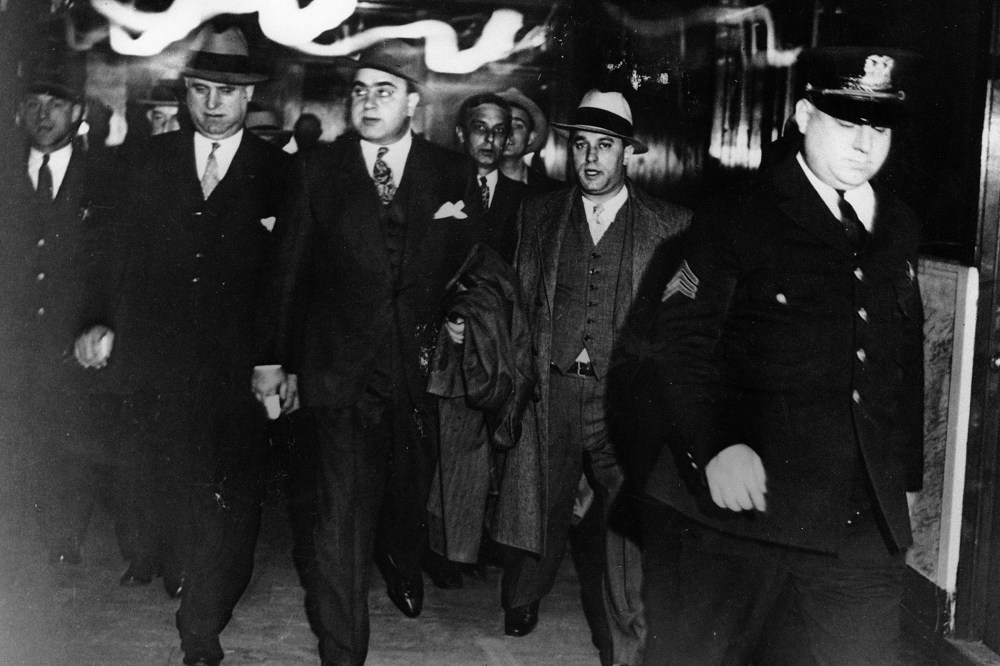Earlier this month, Donald Trump declared via Twitter, “Looking back on history, who was treated worse, Alfonse Capone, legendary mob boss, killer and ‘Public Enemy Number One.’ or Paul Manafort, political operative & Reagan/Dole darling, now serving solitary confinement — although convicted of nothing?”
It wasn’t altogether clear where the president was going with the comparison, and the closer one looked at the argument, the less sense it made. Nevertheless, Trump apparently planted a Capone-related seed that continues to grow. In the hopes of defending the president, NRA spokesperson Dana Loesch has even turned the notorious gangster’s name into a verb. Media Matters highlighted her latest pitch:
“The moral argument over the president’s infidelities would never result in legal trouble. So they believe they have to take a lesson from the Clinton years and find a way to make it a legal problem. And that’s exactly what they’re using campaign finance for, an already unconstitutional set of laws to pull it off.
“They’re trying to Al Capone the president. I mean, you remember. Capone didn’t go down for murder. Elliot Ness didn’t put him in for murder. He went in for tax fraud. Prosecutors didn’t care how he went down as long as he went down. The same goes for Democrats. Whatever avenue is needed to bring down the president, they’ll take it.”
Putting aside the question of what any of this has to do with the NRA’s ostensible agenda, I think I see where Loesch is going with this. Donald Trump is facing a wide variety of serious allegations, and his alleged campaign-finance-law violations seem less dramatic than some of the more alarming possibilities. She’s therefore drawing a parallel: just as Capone was busted for tax evasion instead of murder, Trump may face campaign-finance accusations instead of charges related to cooperation with the president’s Russian benefactors.
But there are some flaws in the NRA spokesperson’s case.
For example, Loesch presents the mob boss as some kind of victim. “Prosecutors,” she said, “didn’t care how he went down as long as he went down.” I’m not expert in Capone, but as I recall, law enforcement of the era considered the gangster to be a dangerous public menace who was careful to avoid being directly implicated in murders. Prosecutors suspected him of all kinds of offenses, many of them violent, but they struggled to make the charges stick.












